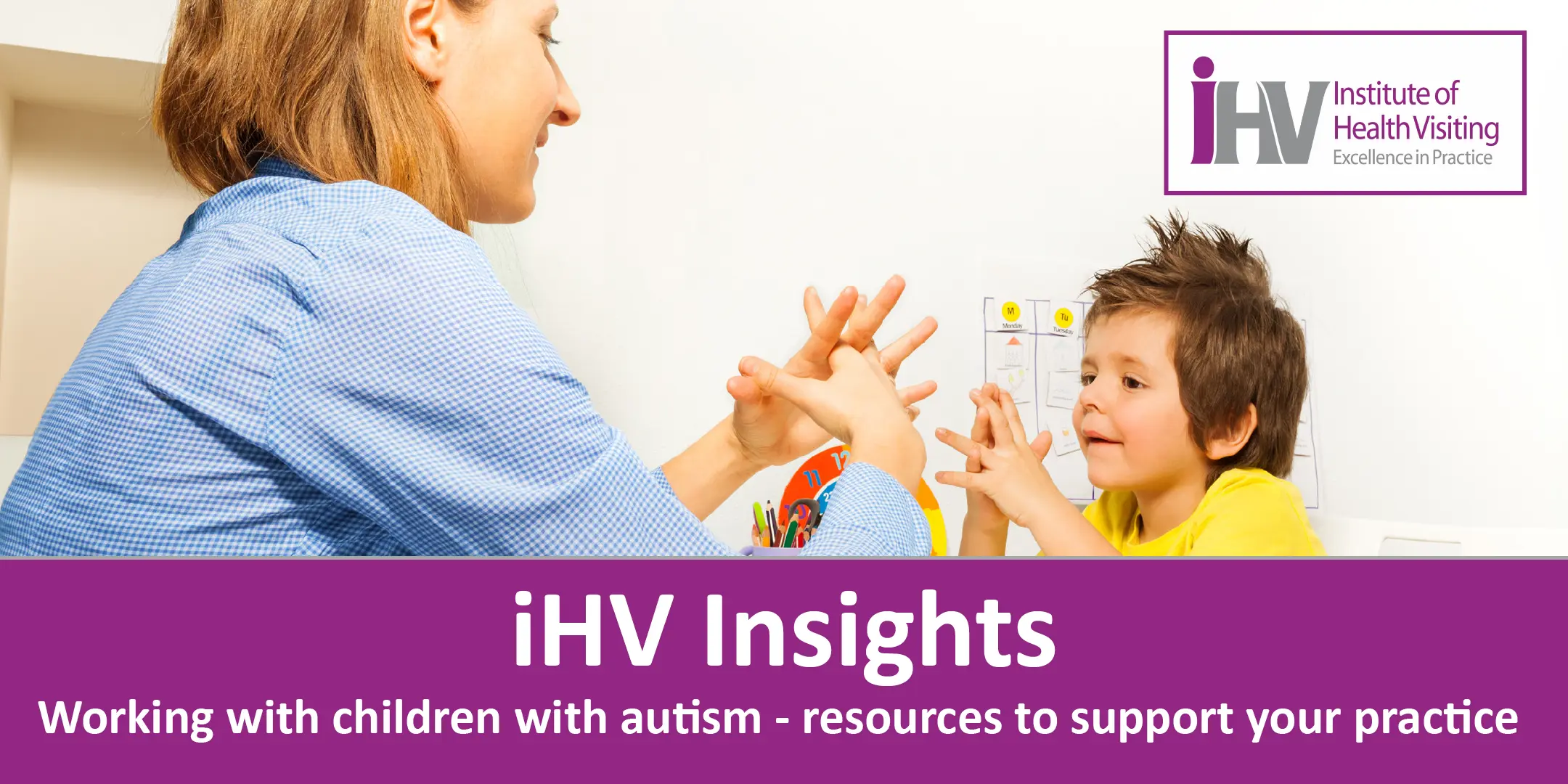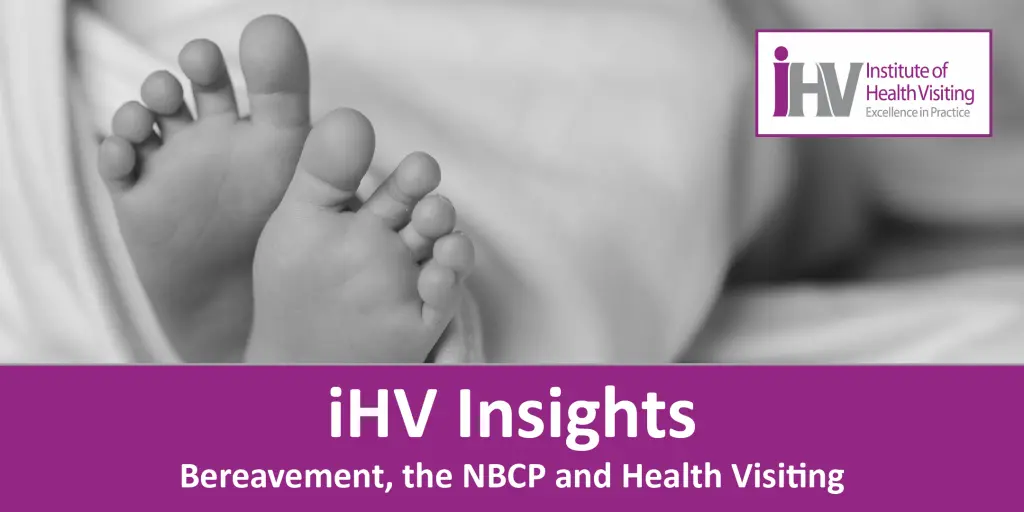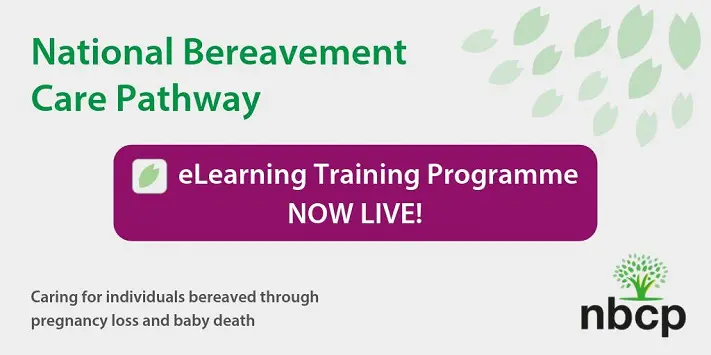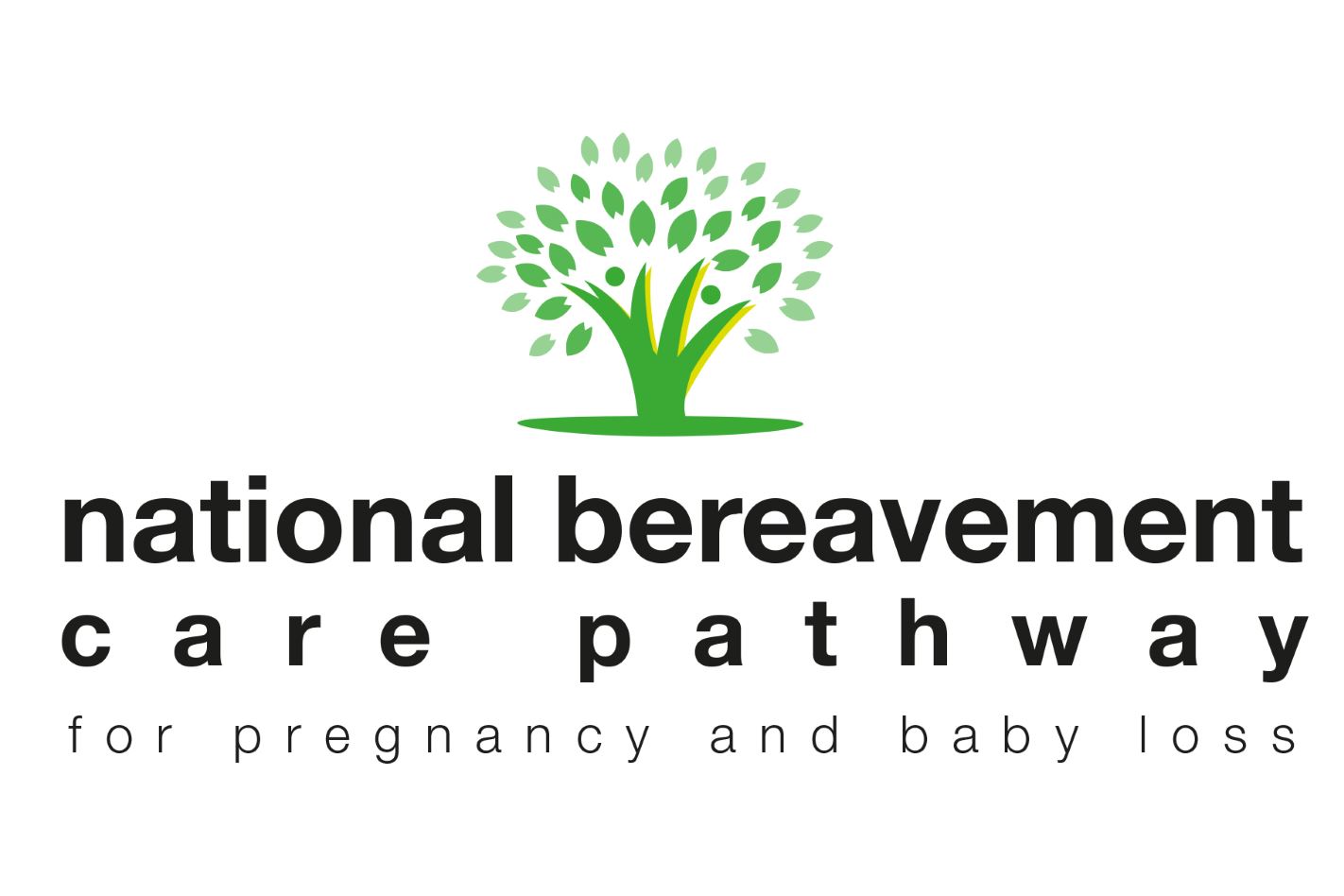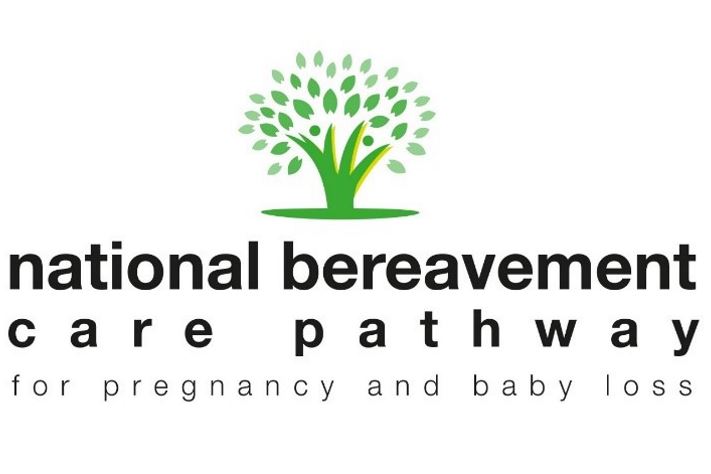Did you miss yesterday’s iHV Insights webinar on “Bereavement, the NBCP & Health Visiting” that was held yesterday (25 February 2021)? As an iHV member you can catch up on the event by accessing the resources on our website.
Yesterday, we were joined by a fabulous panel of experts who were able to provide an update on the evidence and lots of helpful tips on supporting families experiencing bereavement and information on the National Bereavement Care Pathway (NBCP).
Our expert panel of speakers:
- Marc Harder, Project Lead, National Bereavement Care Pathway Sands
- Clare Worgan, Training & Learning Resources Manager Sands
- Jo Carroll, HV & National Lead, CONI Programme Lullaby Trust
The great news is that all the iHV Insights webinars are available for iHV members to access as a free member benefit after the event.
Click here to catch up on our highly popular member only iHV Insights sessions so far – remember to login to the website to access them!
Bookings open for next iHV Insights
Bookings are now open for our next iHV Insights: “Working with children with autism – resources to support your practice“, taking place on Thursday 18 March 15:30 to 16:30.
We will announce our panel of expert speakers soon.
If you are not an iHV member, join us today to book your place at these highly popular events and gain access to these and many other resources, as well as many other member benefits.

